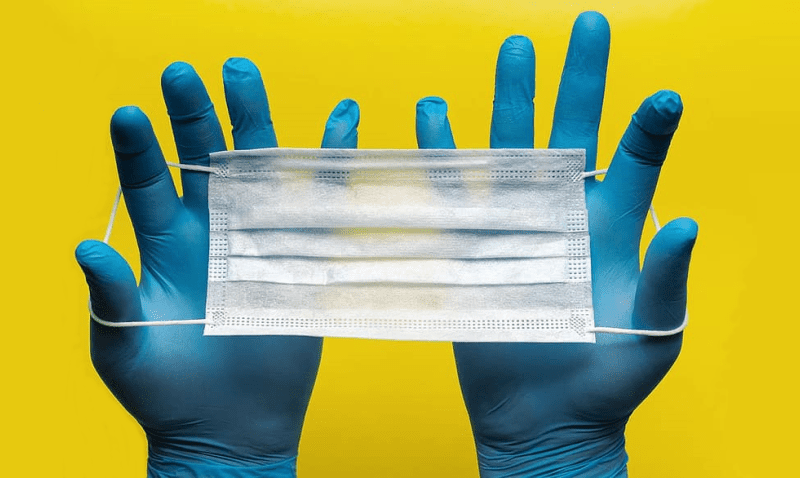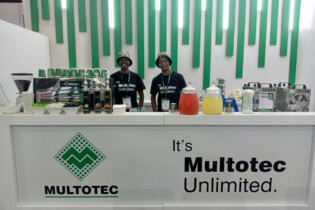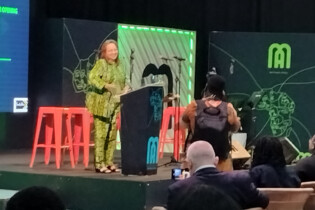The Event Safety Council (ESC), a special interest group within the Southern African Communications Industries Association (SACIA), has spearheaded the development of new health and safety protocols for the MICE industry. This is motivated by the need to prevent the spread of COVID-19 at future events, due to the high risk of transmission when bringing many people together.
The document is the result of collaboration spanning borders and industry sub-sectors. The ESC assembled a dedicated task group, made up of a mix of event safety practitioners, venues, technical production companies, disaster management officials and academics. They worked with the Event Safety Alliance (US) and other bodies from around the world to develop protocols of a global standard, and then shared these locally with key industry stakeholders for their comments and input. This last step was done in partnership with the South African Events Council (SAEC)*.
“Through this collective process, we adapted the global protocols to comply with our local regulatory framework… We also wanted the philosophy embedded in the NCCC strategy for the progressive development of the economy to be reflected in the document.”
Kevan Jones, Executive Director of SACIA, says, “Through this collective process, we adapted the global protocols to comply with our local regulatory framework. They now adhere to our local bylaws, regulations and practices. We also wanted the philosophy embedded in the NCCC [National Coronavirus Command Council] strategy for the progressive development of the economy to be reflected in the document.”
The protocols were created for exhibitions and conferences, to safeguard the staff working at these events, as well as the visitors, exhibitors and other stakeholders. “However, public gatherings, such as churches, weddings and funerals, can also adopt them,” adds Jones.
“The reopening of events can only be determined by government – but at least we can show that we are ready to host events responsibly as soon as they are allowed.”
He cautions that the release of the document does not mean that live events can now resume; “When you go back to work, the document outlines the things you can do to help keep people safe at your events. The guidelines are in depth, thorough and based on best practice. The reopening of events can only be determined by government – but at least we can show that we are ready to host events responsibly as soon as they are allowed.”
The SAEC will distribute the protocols to government, regulatory bodies and to the members of the various industry associations today. They can also be downloaded here.
The protocols are identified as Version 1 given that new discoveries about COVID-19 could impact current best practice recommendations. Jones adds, “We had to get this out as quickly as possible, so it was put together under short notice. If people from the industry have any comments they would like to share, they are welcome to do so.”
A webinar will be held on Wednesday, 17 June 2020 at 11:00 – 12:00, to give those individuals and associations who have been working on the guidelines the opportunity to share their insights, and to answer questions around how they can be implemented when events resume. To register for this event, click here.
*The SA Events Council is made up of representatives of:
- Southern African Association for the Conference Industry (SAACI)
- The Association of African Exhibition Organisers (AAXO)
- Exhibition and Events Association of Southern Africa (EXSA)
- Southern African Communications Industries Association (SACIA)
- Technical Production & Services Association (TPSA)
- Event Safety Council (ESC)
- Council of Events Professionals Africa (CEPA)
- Event Greening Forum (EGF)
- Society for Incentive Travel Excellence (SITE)
- PCO Alliance Network
- South African Live Performance Association (SALPA)








